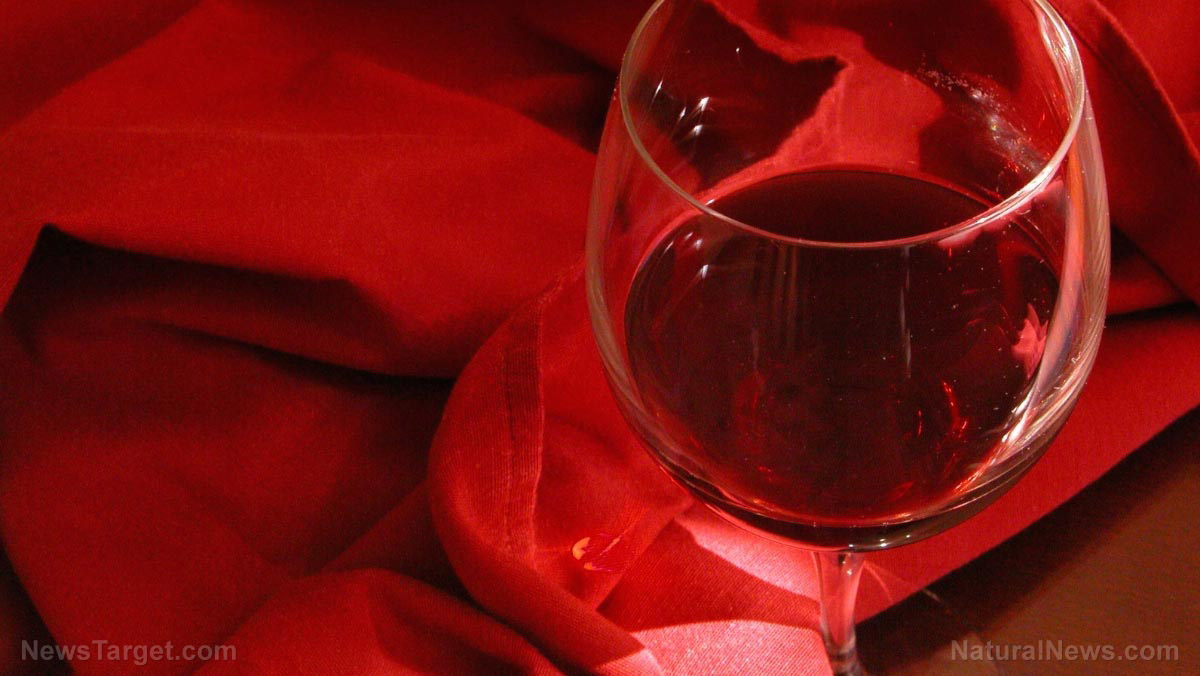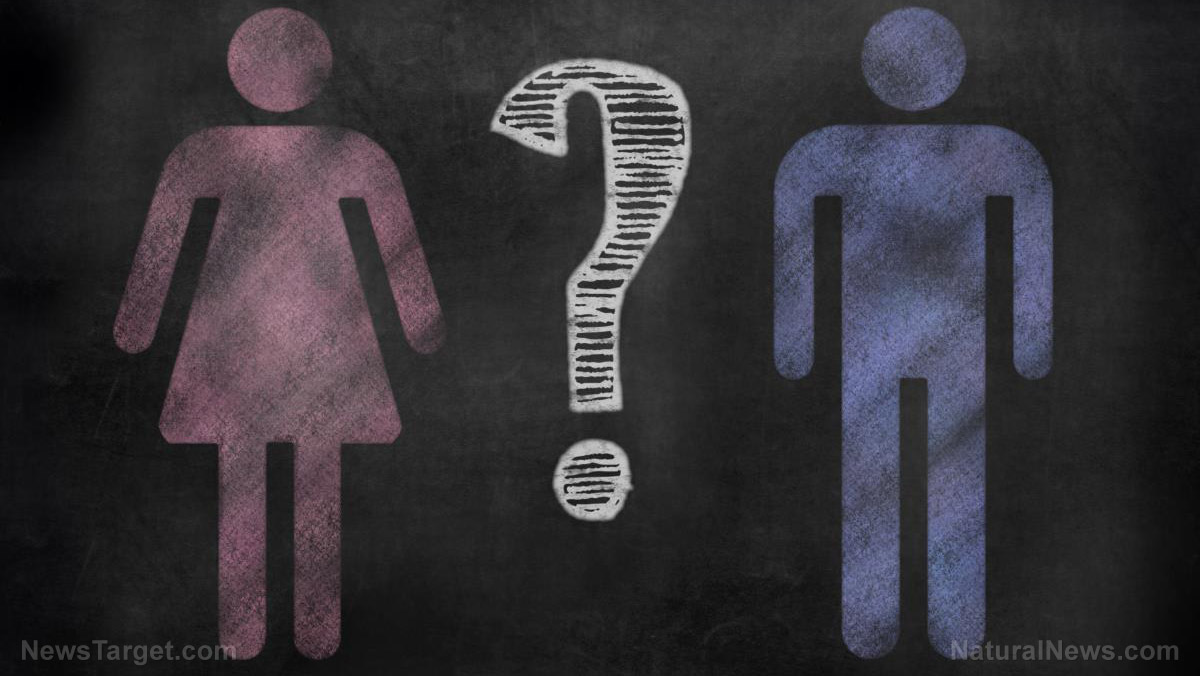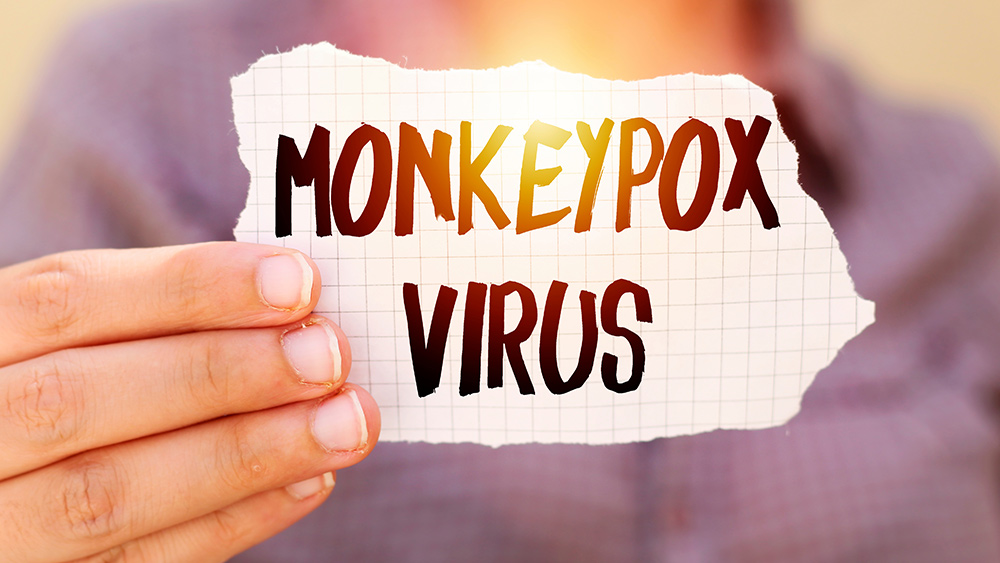Cause-and-effect: Resveratrol’s ability to reduce blood pressure could explain why it’s a potent antioxidant
04/13/2020 / By Franz Walker

Resveratrol is a compound known to not just alleviate joint pain, but also lower the incidence of heart disease. However, the process by which it does this is still being explored.
While the protective properties of resveratrol are commonly attributed to its antioxidant activity, a study funded by the British Heart Foundation shows that this is a misconception.
A team of researchers from Kings College in the U.K. discovered that resveratrol reduced blood pressure in mice by inducing protein oxidation. This represents an interesting discovery since antioxidants usually do not oxidize — antioxidants usually work by inhibiting oxidation, limiting the production of harmful free radicals that can damage the cells.
“Our research shows that a molecule once deemed an antioxidant exerts its beneficial effects through oxidation,” said lead author Dr. Joseph Burgoyne, a senior lecturer at Kings College. “We think that many other so-called ‘antioxidants’ might also work this way.”
Testing resveratrol in mice
To understand how resveratrol works, the scientists induced high blood pressure in mice and then provided them with doses of resveratrol. As expected, this caused the mice’s blood pressure to drop as their blood vessels relaxed. Taking things further, the researchers conducted in vitro experiments, mass spectrometry and electron paramagnetic resonance through which they were able to determine the surprising mechanism through which resveratrol worked. Instead of inhibiting oxidation, the resveratrol oxidized a protein called cGMP-dependent PKG1a. Oxidation of PKG1a is known to cause blood vessels to relax.

After this, the researchers used the same techniques to prove that resveratrol worked in the same manner on smooth muscle cells extracted from human blood vessels. Based on this, Dr. Burgoyne and his team hope to find ways to alter resveratrol and improve its delivery to the body. Either that or they may also use the research to help develop new, more potent medicines that use the same pathway.
Dosage may be unrealistic for humans
Despite the study’s discovery, other healthcare professionals and scientists have pointed out some issues with the study, specifically with the dosages used by the researchers. Critics have pointed out that for people to get resveratrol equivalent to the doses used by the researchers to the mice, they would have to drink the equivalent of 3,000 liters (793 gallons) of red wine.
“This amount is ridiculous and in red wine terms equivalent to more than 3,000 liters of wine,” stated professor Roger Corder, emeritus professor of experimental therapeutics at Queen Mary University of London and author of the book ‘The Wine Diet.’ “Experimentally the lowest dose that reduces blood pressure should have been found and then the researchers should have carried out experiments using that does to provide insights into the mechanism.”
Even the researchers themselves have acknowledged the limitations of the study and its lack of patient data.
Good sources of resveratrol
While the study didn’t outline the exact dosage needed by people to gain beneficial effects, it demonstrated that it does provide benefits. As such, it would be a good idea to take note of natural sources of resveratrol.
As previously mentioned, red wine is a known source of resveratrol. In addition to resveratrol, red wine also contains ingredients that provide a host of other benefits. Procyanidins found in red wine have been demonstrated to help slow down aging. Meanwhile it also contains phytochemicals that can help fight Alzheimer’s disease.
In addition to this, the grapes used to make red wine also contain their fair share of resveratrol. Specifically, the resveratrol is found in the skin of the grapes, the same part that’s used to give red wine its color.
However, while resveratrol does help lower blood pressure, it shouldn’t be the only way of doing so. Even the study itself notes that the best way to keep blood pressure under control is through a combination of a healthy lifestyle, a balanced diet and on top of taking in any medicines recommended by a healthcare professional.
Sources include:
Submit a correction >>
Tagged Under:
aging, anti-aging, antioxidants, blood pressure, cardiovascular health, heart health, nutrients, prevention, red wine, resveratrol, supplements
This article may contain statements that reflect the opinion of the author





















